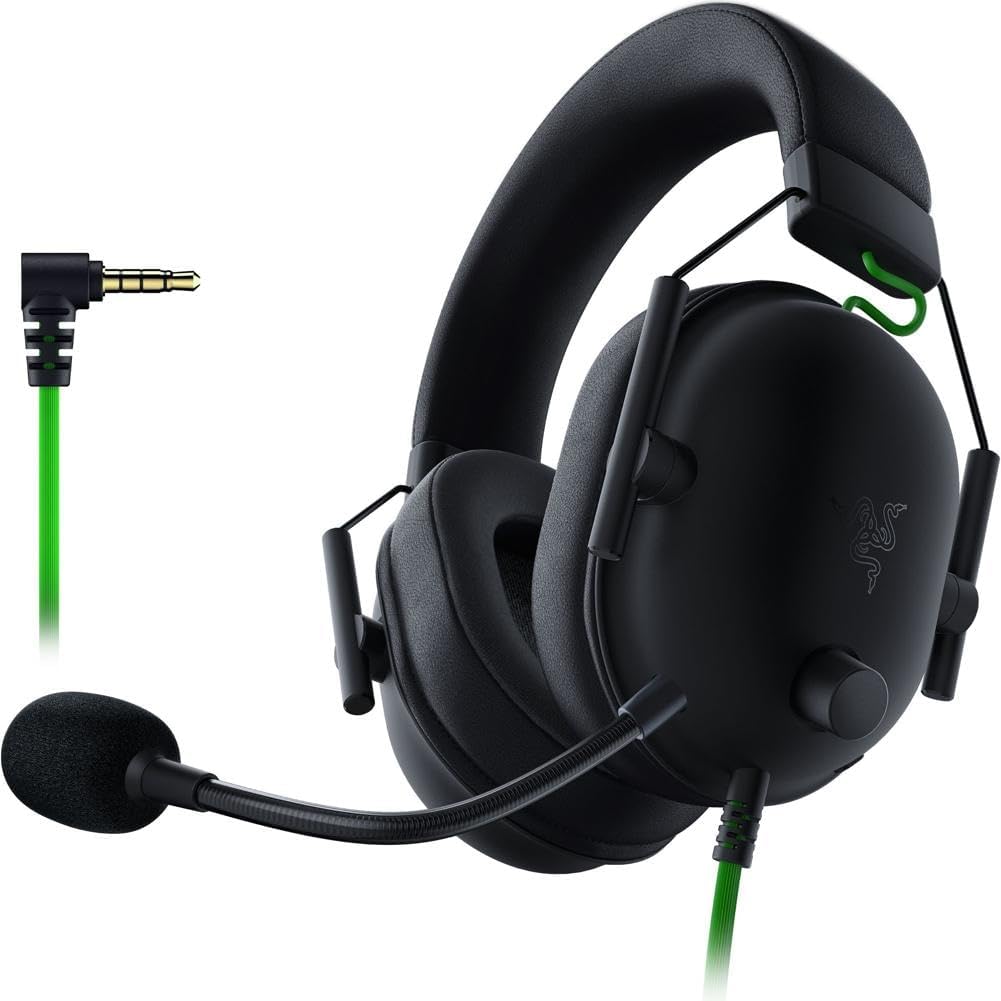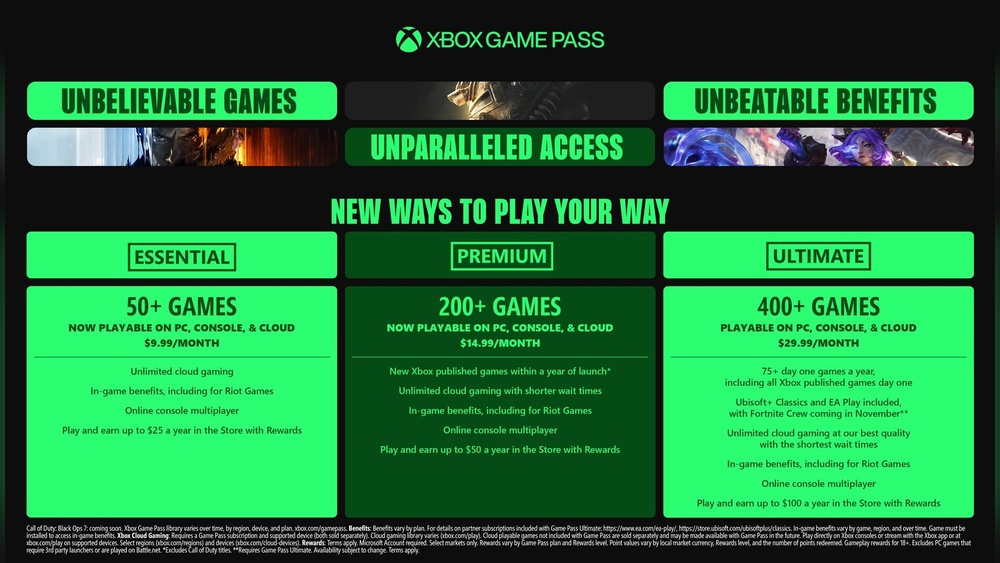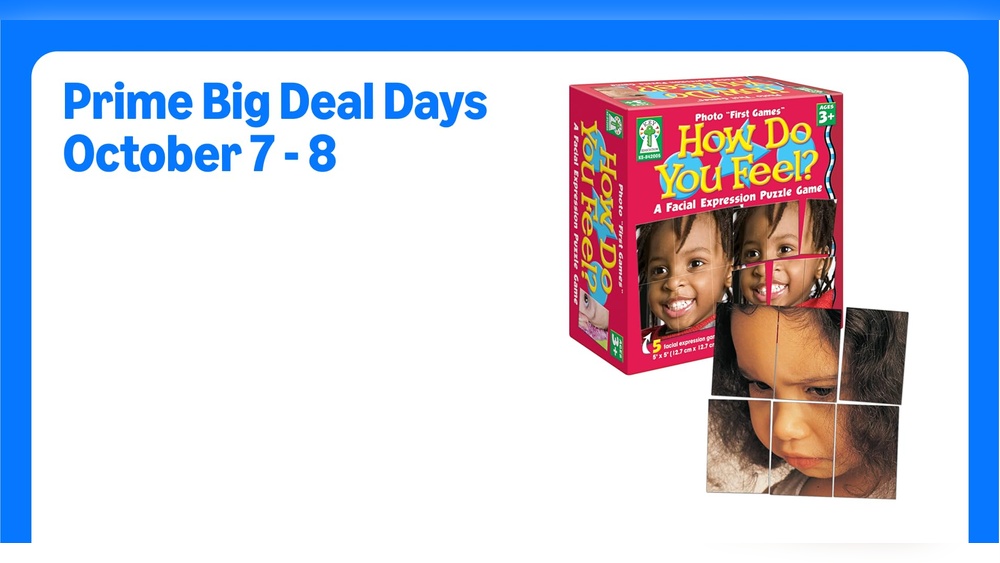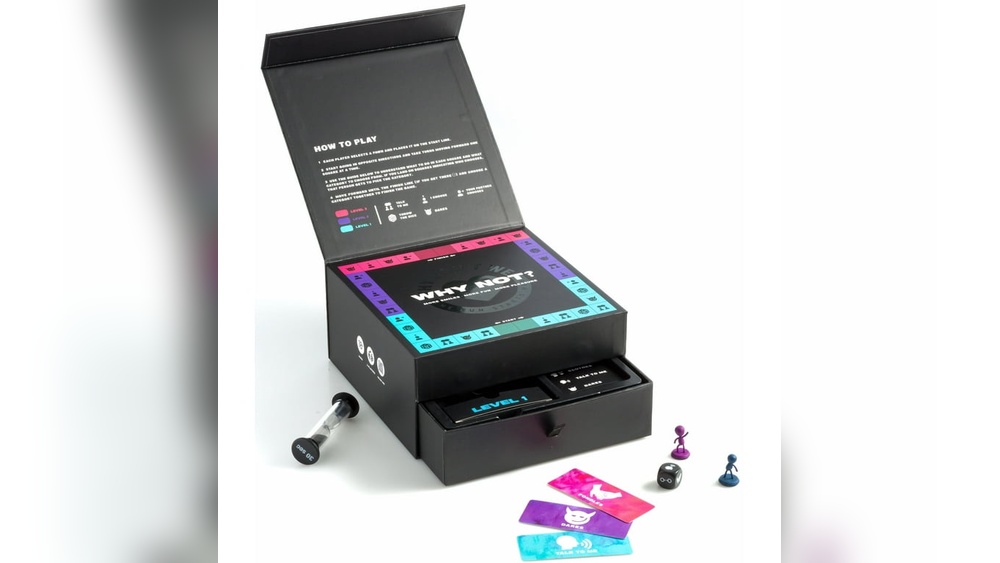Have you ever wondered if gaming could actually help with depression? If you’re struggling with low moods or stress, you might be surprised to learn that playing video games isn’t just a way to pass time—it could be a tool to improve your mental health.
Imagine finding a simple activity that lifts your spirits, boosts your motivation, and helps you feel more connected. Keep reading to discover how gaming might be more than just fun—it could be part of your path to feeling better.

Credit: www.brightpathbh.com
Gaming And Mental Health
Gaming has become a popular way to spend free time for many people. It offers more than just fun. Gaming can also affect mental health in different ways. Some studies suggest games may help people cope with feelings of sadness or stress. Understanding how gaming interacts with mental health is important. It helps us see if games can support those with depression.
Impact Of Depression On Daily Life
Depression makes everyday tasks hard. Simple activities like getting out of bed or eating can feel tough. People with depression often feel tired and lose interest in things they once enjoyed. Socializing may seem overwhelming. These challenges affect work, school, and relationships. Depression can create a cycle of negative thoughts and low energy. It can make people feel alone and misunderstood.
Role Of Leisure Activities
Leisure activities provide a break from stress. They help people relax and feel better. Playing games offers a fun escape from worries. Games can improve mood by giving a sense of achievement. Social games allow connection with others, reducing feelings of loneliness. Leisure time also helps build routines and structure. This can be very helpful for those struggling with depression.
Positive Effects Of Gaming
Gaming offers more than just fun and entertainment. It can have positive effects on mental health, especially for people dealing with depression. Playing games can help ease feelings of sadness and provide a healthy escape from daily stress.
Games create spaces where players can relax, connect, and grow their skills. These benefits make gaming a useful tool for improving mood and mental well-being.
Stress Relief And Relaxation
Playing games helps many people relax and forget their worries. Simple tasks and challenges in games distract the mind from stress. This break can lower anxiety and calm the body. Slow-paced games with soothing music are great for unwinding after a tough day.
Social Connection Through Multiplayer Games
Multiplayer games connect people around the world. Players chat, work as a team, and build friendships. These social ties reduce feelings of loneliness and isolation. Feeling part of a group brings comfort and support for people feeling down.
Cognitive Benefits And Skill Building
Gaming improves thinking and problem-solving skills. It trains attention, memory, and quick decision-making. Players learn to plan and adapt in changing situations. These mental exercises boost confidence and give a sense of achievement.
Potential Risks Of Gaming
Gaming can be fun and may help some people feel better. Yet, it also has risks. These risks can affect mental and physical health. Knowing these risks helps players make smart choices. Here are some key risks linked to gaming.
Addiction And Escapism
Gaming can become addictive. Some players spend many hours daily. This can lead to ignoring real-life problems. Using games to escape feelings may harm mental health. Addiction may cause stress and anxiety. Balance is important to avoid these issues.
Sleep Disruption And Sedentary Lifestyle
Playing games late at night can disturb sleep. Poor sleep makes depression worse. Sitting for hours during gaming lowers physical activity. Lack of exercise can harm the body and mind. Healthy habits like breaks and exercise are essential.
Negative Social Impact
Too much gaming can reduce face-to-face time with friends. This may cause loneliness and social isolation. Poor social skills can grow from less real interaction. Some games may also promote aggressive behavior. Social balance supports better mental health.
Types Of Games That May Help
Different types of games may help reduce symptoms of depression. Some games offer simple fun and distraction. Others tell stories that connect with emotions. Some focus on calming and mindfulness. Each type works in its own way. Understanding these types helps choose the right game.
Games that suit your mood and needs can make a positive impact. Here are some types that often help people with depression.
Casual And Puzzle Games
Casual games are easy to play and don’t need much time. Puzzle games challenge the brain gently. These games give a sense of progress and small wins. They keep the mind busy without pressure. Playing these can lift mood by focusing attention on simple tasks. They also reduce stress and improve problem-solving skills.
Story-driven And Narrative Games
Story-driven games tell rich and emotional stories. Players follow characters and make choices. This creates a sense of connection and empathy. These games help express feelings and explore different perspectives. Immersing in stories can provide comfort and hope. They offer an escape but also encourage reflection on personal feelings.
Games With Mindfulness Elements
Some games include breathing exercises and calm visuals. They guide players to relax and focus on the present. These mindfulness games reduce anxiety and promote calmness. Playing them helps develop coping skills for stress. They encourage slow, deep breathing and gentle movement. This type supports mental balance and emotional control.
Scientific Research And Findings
Scientific research studies how gaming affects depression. Scientists explore if games help improve mood or reduce symptoms. Research results show both positive and mixed effects. Understanding these findings helps us see gaming’s role in mental health.
Studies Supporting Benefits
Some studies find gaming can reduce feelings of depression. Games offer distraction from negative thoughts and stress. Playing can boost social connections through multiplayer features. Certain games improve problem-solving skills and focus. These effects may lift mood and increase motivation. Researchers note moderate gaming helps relaxation and emotional relief.
Limitations And Contradictory Results
Other research shows no clear link between gaming and less depression. Excessive gaming might increase isolation and worsen symptoms. Some studies warn about addiction and poor sleep from too much play. Results vary depending on game type and playing habits. Many researchers call for more long-term studies. Findings remind us gaming is not a cure for depression.
Practical Tips For Using Gaming Positively
Using gaming to help with depression needs care and balance. Playing games can lift mood and reduce stress. Yet, too much gaming or wrong types can harm mental health. Practical tips help use gaming in a positive way. These tips guide healthy habits and better choices. Follow these steps for a good gaming experience.
Setting Time Limits
Set a clear time limit for gaming each day. Too much time can increase stress and isolation. Use alarms or timers to stop playing on time. Short gaming sessions keep the mind fresh and focused. Taking breaks helps avoid burnout and fatigue. Stick to the set time to build good habits.
Choosing The Right Games
Select games that relax or motivate you. Calm, slow-paced games reduce anxiety and promote peace. Social games help connect with others and feel less alone. Avoid violent or overly competitive games that raise stress. Pick games with positive stories and clear goals. The right choice supports mood and mental health.
Balancing Gaming With Other Activities
Mix gaming with exercise, social time, and hobbies. Physical activity boosts mood and energy levels. Talking with friends or family reduces loneliness. Hobbies offer new skills and fun outside gaming. Balance prevents gaming from taking over life. A healthy mix supports overall well-being and happiness.
When To Seek Professional Help
Gaming can provide comfort and a way to relax during tough times. It may help lift mood and reduce stress for some people. Yet, gaming alone cannot treat serious depression. Knowing when to seek professional help is important. Early support can prevent symptoms from worsening. Professionals offer tools that games cannot provide.
Recognizing Warning Signs
Feeling sad or tired most days is a key sign. Losing interest in favorite games or hobbies also matters. Trouble sleeping or eating can show deeper problems. Thoughts of hopelessness or harm need urgent care. Difficulty concentrating or making decisions is another red flag. These signs mean it is time to talk to a doctor or counselor.
Combining Gaming With Therapy
Gaming can be part of a healthy routine. Therapy helps understand feelings and teaches coping skills. Talking with a therapist provides support and guidance. Some therapists even use games to connect with patients. Balancing playtime and treatment improves mental health. Professional help adds strength to the benefits of gaming.
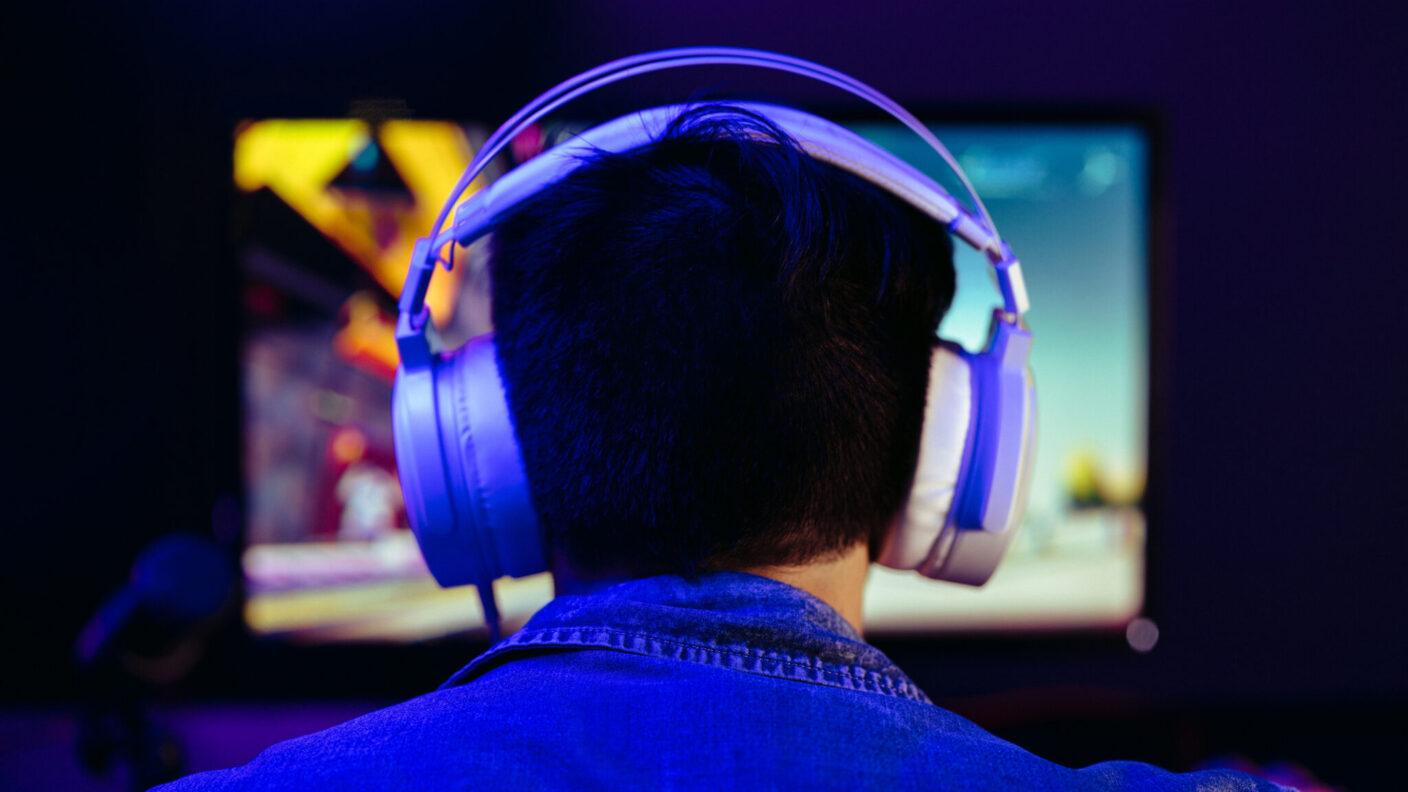
Credit: stories.tamu.edu

Credit: www.brightpathbh.com
Frequently Asked Questions
Can Gaming Reduce Symptoms Of Depression Effectively?
Yes, gaming can reduce depression symptoms by providing distraction and social connection. It boosts mood through achievement and engagement, helping some people cope with stress and loneliness.
What Types Of Games Help With Depression The Most?
Casual, puzzle, and social games help most with depression. These games promote relaxation, problem-solving, and interaction, which can improve mental health and reduce feelings of isolation.
How Often Should Someone Game To Help Depression?
Moderate gaming, around 30 minutes to 1 hour daily, is recommended. Excessive gaming may worsen symptoms, so balance with other healthy activities is important.
Can Multiplayer Games Improve Social Skills In Depression?
Yes, multiplayer games encourage communication and teamwork. They can enhance social skills and reduce isolation, which benefits those struggling with depression.
Conclusion
Gaming can offer a helpful break from daily stress and sadness. It gives players a way to focus and feel a sense of achievement. Social games create chances to connect with others and feel less alone. Still, gaming should not replace professional help for depression.
Balance is key—too much gaming may cause problems. Used wisely, gaming can be part of a healthy routine. It can lift mood and offer comfort during tough times. Everyone’s experience is different, so find what works best for you.





